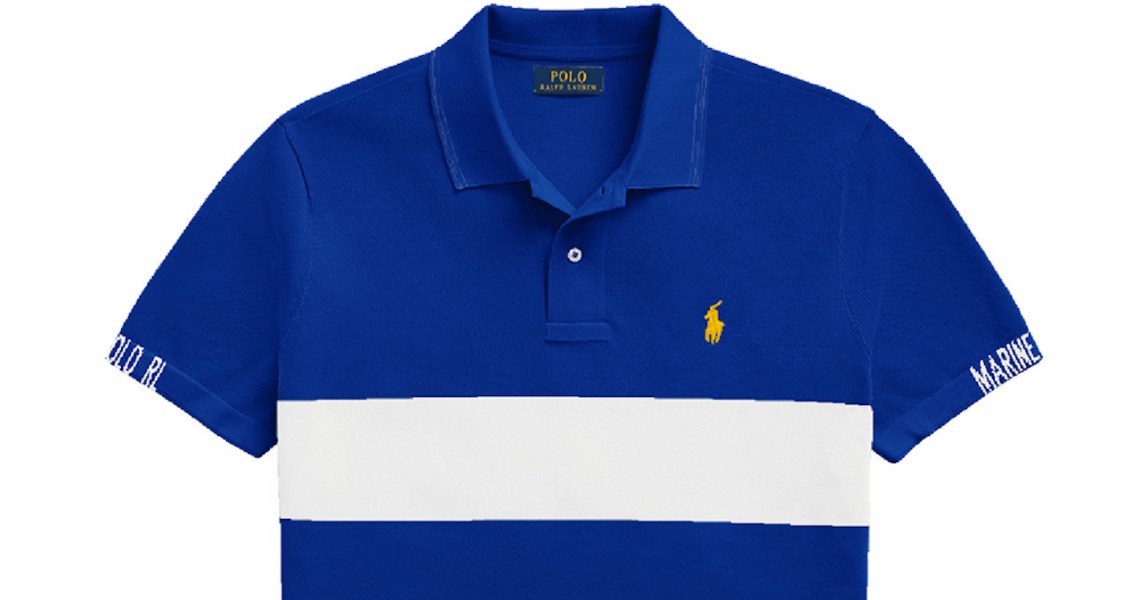On Tuesday, Ralph Lauren announced its first step into large-scale made-to-order clothing with the launch of bespoke polo shirts.
David Lauren, the company’s chief innovation and branding officer and vice chairman of the board, said the move will both improve the brand’s sustainability credentials and be good for business: It will help reduce material waste, as well as limit inventory and markdown costs for the brand, he said.
Starting on Tuesday, customers shopping the brand’s e-commerce site can create a custom polo, selecting details like colors for each piece of the polo (for example, the left sleeve or the collar) and adding monograms. Lauren said the plan is to roll out additional customization options, like patterns and logos, over the next year.
“Creating custom product is a pretty complex and logistically demanding process, and [it] traditionally touches many hands through the production lifecycle,” Lauren said. “With our manufacturing-on-demand platform, we’ve created a digital solution that automates the flow of data from the consumer point of purchase directly through to the factory, that enables us to create and deliver a totally custom product in as little as two weeks.”
Rather than knitting material into bolts of cloth and then cutting pieces for clothes out of that yardage, Ralph Lauren created new machines that can knit the raw thread based on the size needed for each piece. That means no excess scrap from the cutting process is created.
Lauren said the company has been building up its made-to-order technology in the last year and hopes to be “at the forefront” of the overall move toward on-demand production. The last year saw fashion brands including Rebecca Minkoff and Telfar embrace on-demand, made-to-order and pre-order as new business models. Those new models let brands avoid the most wasteful part of fashion production — namely, overproduction and leftover materials — which is good for the environment and for material budgets.
But there is a downside to these models: Made-to-order production, even at its most efficient, takes longer to get to the customer than pre-made clothes. Price is also a factor. A standard Ralph Lauren polo shirt is $89, but made-to-order styles start at $120.
“The toughest part is convincing people that it’s worth the wait,” said Lucia Scarampi, co-founder of contemporary made-to-order brand Marta Scarampi.
To that end, Ralph Lauren has a multi-pronged marketing approach for the new feature, including a mobile pop-up store that will visit through several Ralph Lauren stores throughout the country, a Snapchat augmented reality feature and a social campaign featuring unannounced TikTok personalities.
“Hyper-focusing on the consumer, winning over a new generation and leading with innovative, digitally-native programs are key business strategies driving our go-to-market plan,” Lauren said. “Our campaign will be highly focused on digital properties and on social platforms, meeting consumers where they are shopping and with the right product, at the right time.”
Notably, the custom polos are only available online. In February, Ralph Lauren reported its third-quarter revenue at $1.4 billion, reflecting a 20% growth in global digital sales. Its next earnings report, on May 20, is expected to show positive gains from the previous quarter.




